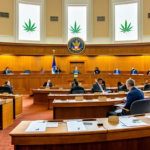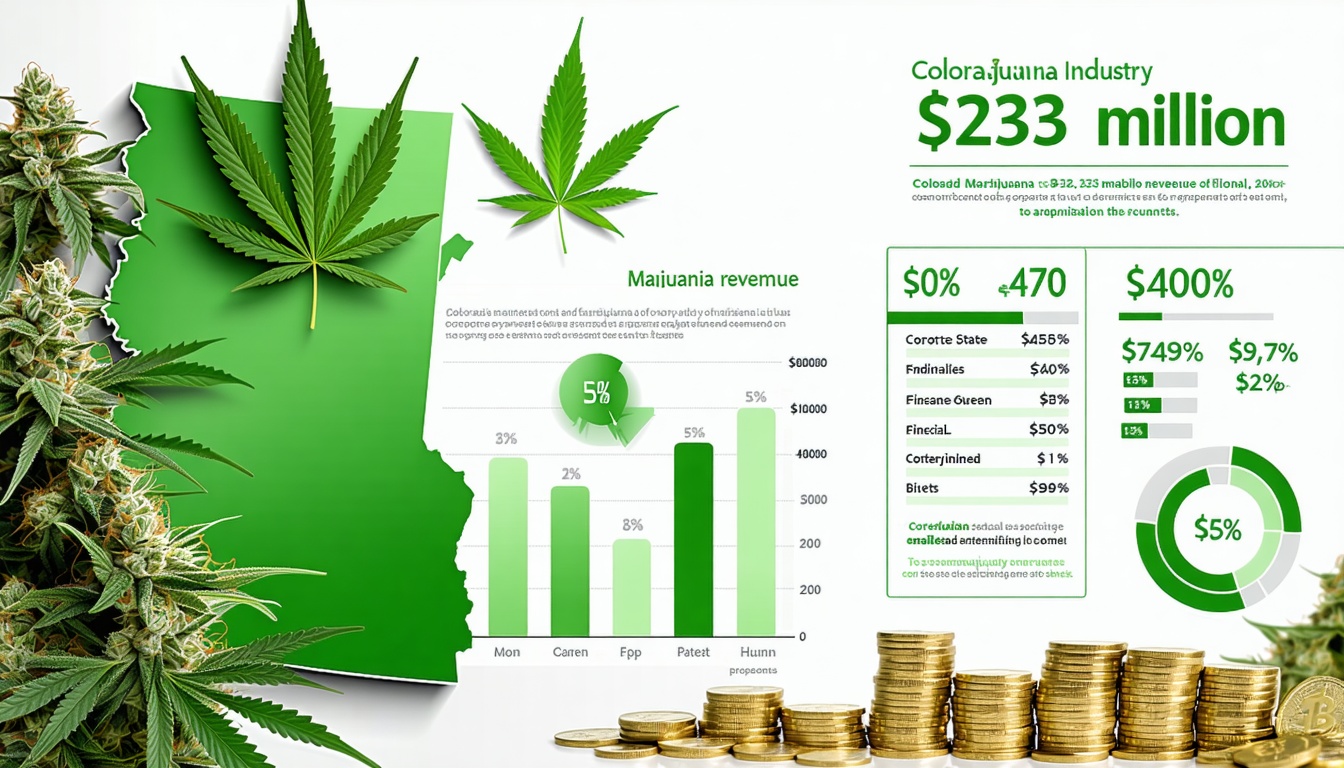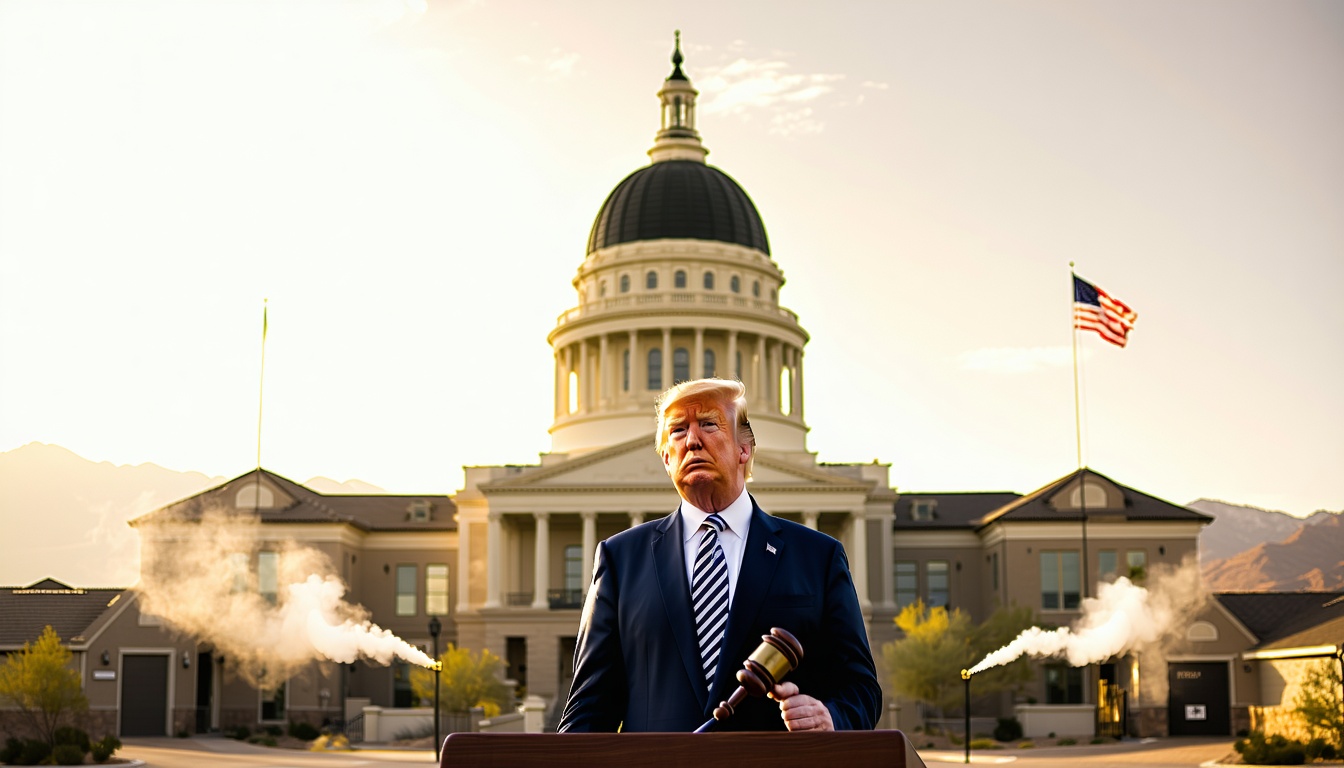The US Drug Enforcement Administration (DEA) has announced details about an upcoming hearing on the Biden administration’s proposal to reschedule marijuana from Schedule I to Schedule III of the Controlled Substances Act (CSA). The hearing is scheduled for December 2 and will be streamed live for the public to follow remotely.
The DEA has released a notice outlining the purpose and procedures for the hearing, which will focus on addressing legal and logistical issues and discussing future dates for the evidentiary hearing on the merits. No witness testimony will be presented or received during this initial hearing.
The agency has also made available a legal docket and background information on the proposal, which includes a discussion of the potential implications of rescheduling marijuana. If the rule is finalized, the regulatory controls applicable to Schedule III controlled substances would apply, along with existing marijuana-specific requirements and any additional controls that might be implemented.
The DEA has faced skepticism about its leadership’s stance on the issue, with some questioning whether the agency’s administrator, Anne Milgram, will insert bias into the hearing process. Additionally, the agency has denied allegations of unlawful communications with a prohibitionist group and has rejected a request from a cannabis researcher to postpone the hearing.
The rescheduling proposal has generated significant public interest, with many advocating for the change. While it would not federally legalize marijuana, it would free up licensed cannabis businesses to take federal tax deductions and remove certain research barriers.
The DEA’s notice has been met with criticism from some lawmakers, who have expressed concerns about the agency’s handling of the proposal and the potential impact on the cannabis industry. Others have praised the move, citing the potential benefits for patients and the economy.
The hearing is expected to be a significant step in the process of rescheduling marijuana, and the public will be able to follow the proceedings remotely.












